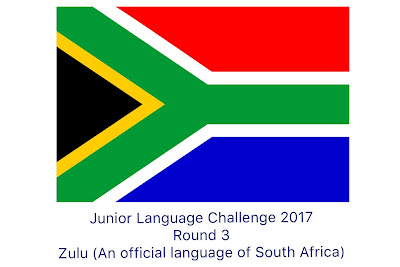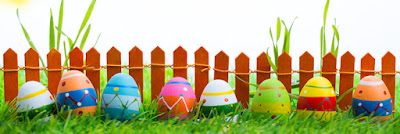As
a primary French specialist teacher who firmly believes in the importance of
inspiring a love of languages at a young age, I was thrilled to discover
"The Junior Language Challenge" for the first time in March -
especially since French was the focus language in the first round this year!
The
Junior Language Challenge is the UK’s only language challenge for primary
schools.
Watch
this video to see what it's all about:
This
exciting national competition is for children under 11 across the UK. It is a fantastic way to engage pupils in
language learning by challenging them to compete against other pupils across the
UK. All of the action can be tracked on
a live leader board. It makes languages
fun, introduces children to new languages, encourages independent learning and there
are certificates and prizes on offer for the highest scoring pupils, including
a family holiday to Africa!
The
Junior Language Challenge also raises funds for a fantastic charity onebillion. All entry fees from the JLC are donated to
onebillion, a non-profit software
publisher with the goal of transforming learning for one billion marginalised
children. To find out more about onebillion please visit their website:
After
having promoted the Junior Language Challenge across KS2 in my cluster of
primary schools, I was delighted to see so many children sign up to take part
in the Junior Language Challenge 2017. They were thrilled to receive a goodie
bag in the post containing a bag, a pen, a badge and a sticker.
The children wore their badges with pride on
their school uniforms.
They enjoyed working their way up the leader board
by playing on-line language games and scoring points on the Junior Language
Challenge app.
The competition soon
created a buzz of excitement around the school.
Each French lesson, we would take a quick look at the Junior Language
Challenge leader board which added a competitive element fuelling their
independent learning.
When
Round 1 came to an end in June, all the children were thrilled to receive a
Junior Language Challenge certificate of participation in assembly. A
significant number of children also scored enough points to achieve a bronze,
silver or gold award and some children even scored enough points to make it
through to Round 2 – the Semi-final!
Round
2 ran from June to September.
Semi-finalists had to learn a second language, Japanese, ready for a
live semi-final in September. I was so
impressed by their enthusiasm, self-motivation and determination to learn this
new language independently, at home or in school at lunchtime!
Here
are some photos of the children at the Junior Language Challenge semi-final
2017:
The
children thoroughly enjoyed taking part in the semi-final. It was a fantastic opportunity to meet all
the other semi-finalists in real life, after having played against them and
seeing their names on the leader board in the first round. All the children were delighted to receive a
certificate, a medal and a goodie bag containing a t-shirt, a ball, sweets and
other souvenirs! Two of the children
were ecstatic to come in first and second place, making it through to the final
round!
What
the winning pupils said:
"I was
slightly nervous, but I just focused on the games. When I realised I’d got through to the final,
I couldn’t believe it! I’m very proud.
All the hard work has paid off!”
M. Y6
"I still can't believe I got through to
the final, and I will never forget the experience. I have a passion for languages and learnt a
lot of French, Japanese and now I’m going to be learning another new language! I want to take part in the Junior Language
Challenge again next year to learn some more new languages!"
S. Y5
Round
3 runs from September to October. The
winners of the semi-finals have a month to learn their third and final
language, Zulu, before the grand final at Language Show Live, London, in
October.
Once
again, I was so impressed by the enthusiasm, self-motivation and determination of
these two finalists to learn this challenging new language entirely
independently!
The
final takes place this Friday and I wish all the finalists, especially the two talented
little linguists that I teach, the best of luck… or should I say “ngikufisela inhlanhla”!
I’ll
certainly be promoting the Junior Language Challenge again in 2018! The children enjoyed the challenge of
learning new languages through games and it is a fantastic way to offer
language extension at primary level. The
competition is a great motivator to language learning and it really brings
languages to life. It teaches children
not to be afraid of different languages, but to be inspired to learn them!





































